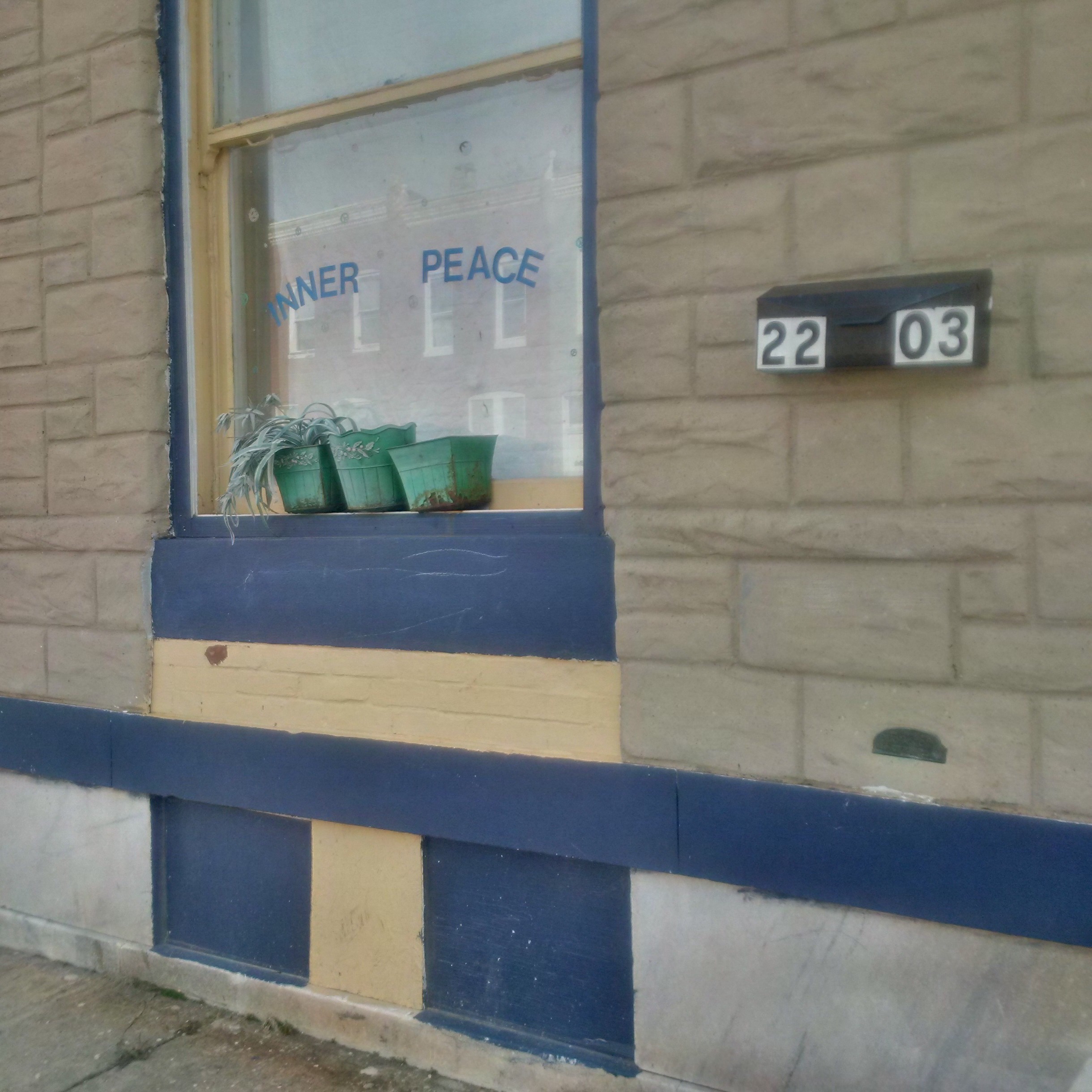A recent repot from Mc Kinsey Global Institute warns us “… Decent, affordable housing is fundamental to the health and well-being of people and to the smooth functioning of economies. Yet around the world, in developing and advanced economies alike, cities are struggling to meet that need. If current trends in urbanization and income growth persist, by 2025 the number of urban households that live in substandard housing—or are so financially stretched by housing costs that they forego other essentials, such as healthcare—could grow to 440 million, from 330 million. This could mean that the global affordable housing gap would affect one in three urban dwellers, about 1.6 billion people.”
McKinsey Report
Nationally the lack of affordable housing has been reported on by multiple sources, in Baltimore and beyond. The most recent figures suggest the largest lack of affordable housing in the US. “Like many American cities, Baltimore faces a serious housing crisis. Vacant lots and homes pervade the landscape, yet a large number of residents are struggling to find affordable places to live. Close to 50 percent of metropolitan Baltimore households are “rent-burdened” — defined by the federal government as paying more than 30 percent of income on housing. The once thriving industrial economy that powered this city, like so many across the country, has all but vanished, leaving in its wake a shrinking population and a dearth of well-paying jobs to afford the ever-increasing rent. Of 80 low- and moderate-income Baltimore jobs analyzed by the Center for Housing Policy, less than 35 percent make enough to meet the threshold of rent affordability for a two-bedroom apartment.”
alternet
And yet, we continue to build housing for the wealthy, gentrify our neighborhoods, displace our social challenges into someone else’s back yard, and guarantee profit for the rich.
Tonight neighboring cities Baltimore and DC are fed up. At a rally this evening in front of city hall in Baltimore residents and advocates called for a negligent city government to resist the continued privatization of public services: the most recent being water in the city of Baltimore. But the lack of affordable housing and living wage jobs due to corporate take-over of our public servants and and inadequate funding of our programs runs a close tie to the issue of water privatization.
In DC today, long-time residents are participating in a sit-in at Councilman Bowsor’s office. Why? Because their public housing rent has been increased more than 50%, some as much as $600/month, after the limit on affordability expired and city representatives allowed market forces to run public housing. This pattern of privatization is running like wildfire in our cities as strapped governments turn over their duties and responsibilities to corporations. In effect, they are continuing their negligence to the public by not only assessing lower tax rates on the wealthy, but also offering additional tax breaks for developers and corporations to build unaffordable housing, take over property and land with generous government subsidies, ignore equitable hiring practices, treat social challenges like dirt to be hidden from the eyes of the elite, and build schools which discriminate against the poor. When will we end these persistent injustices that sustain inequity? Perhaps we can take a lead from our DC sisters and brothers!
ONE DC

